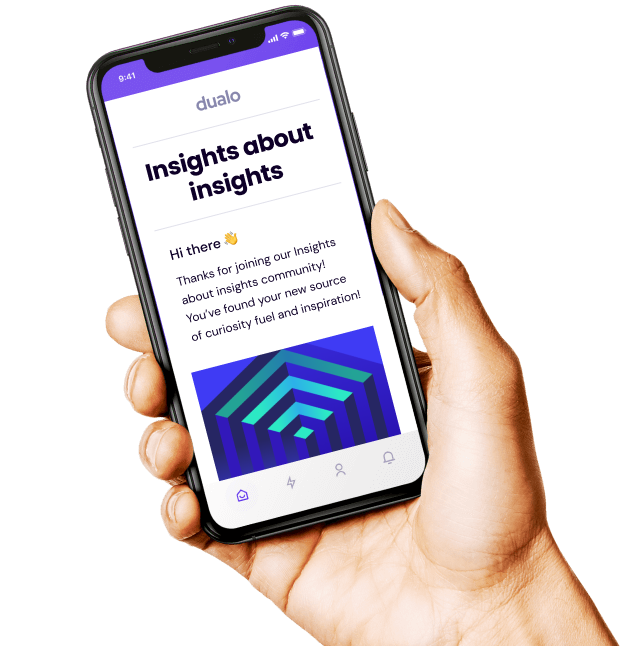Welcoming a new age of knowledge management for user research
Through their discoveries, User Researchers increase confidence and clarity for organisations. But knowledge is only as valuable as our ability to make use of it. It’s time to welcome the new age of knowledge management for research teams - one that’s powered by artificial intelligence.







.svg)

.jpeg)

.jpeg)
.jpeg)

